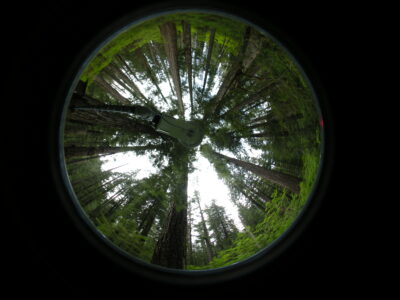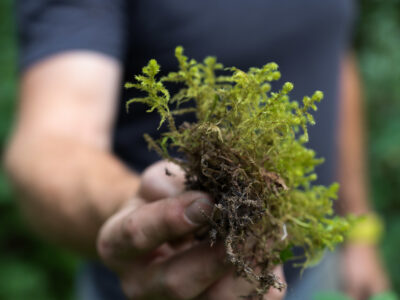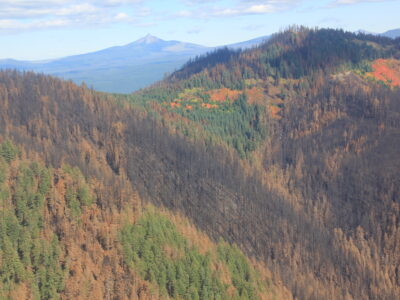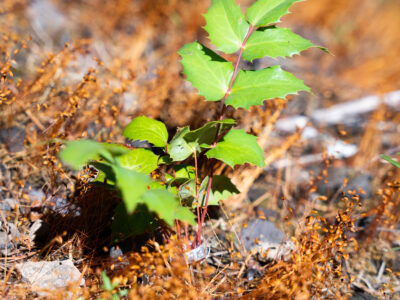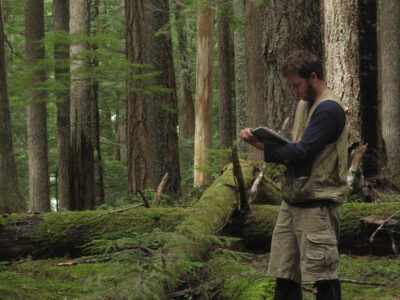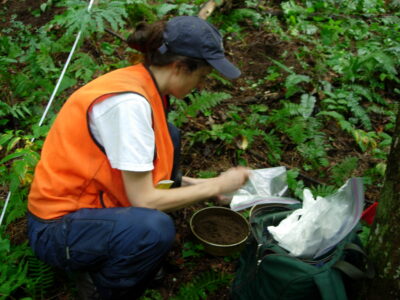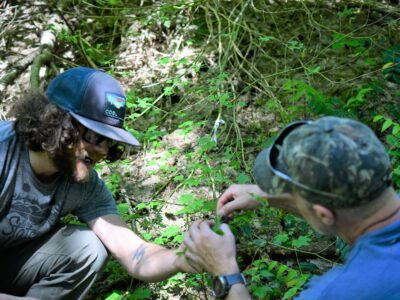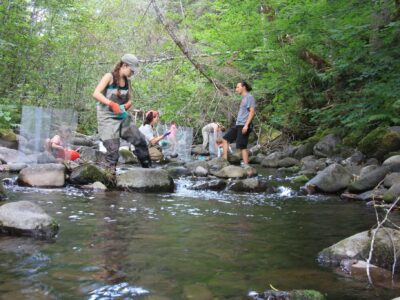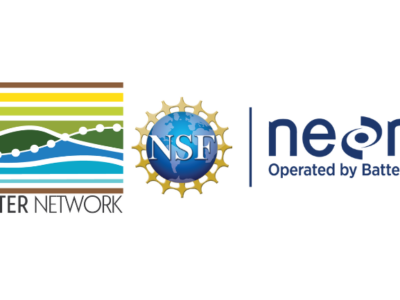Threshold 32F exhibit offers multiple perceptions of change
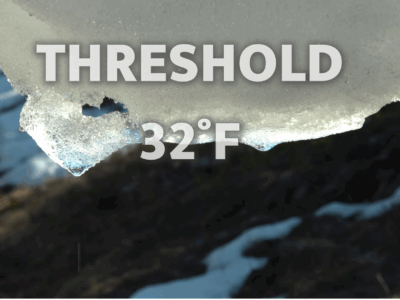
In a new traveling exhibit, Threshold 32F, from the In a Time of Change project, visitors are treated to a mix of poems, paintings, and research notes that takes them deep into a multidisciplinary experience of change. Adam Popescu wrote about the exhibit for the New York Times. A new video trailer, supported in part… Read more »

